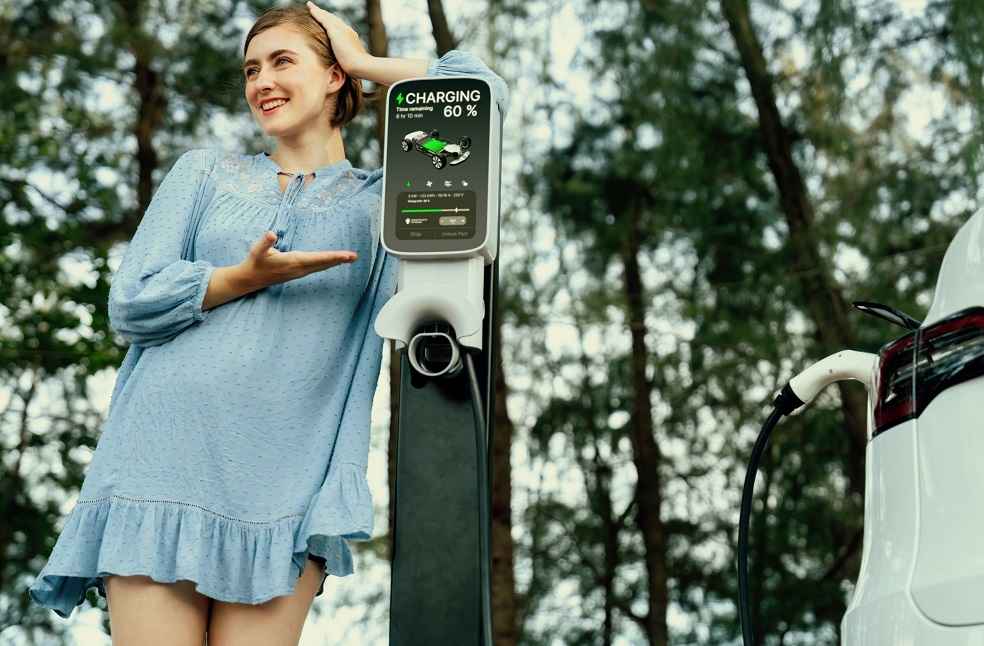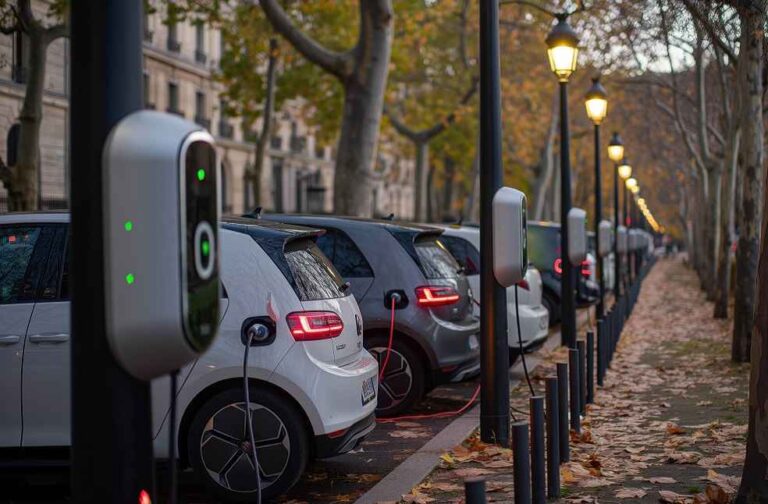Electric vehicles (EVs) are at the forefront of the UK’s shift towards greener transport, but adoption is slowing as consumers face mounting barriers. High upfront costs, concerns over charging infrastructure, and a lack of skilled mechanics to maintain these vehicles are among the key issues stalling growth.
A recent digital car finance lender Carmoola analysis highlights the obstacles drivers face when considering an electric car purchase. Among these, the high depreciation rates of EVs have been particularly concerning. On average, electric cars lose almost half of their value in the first three years, equating to a financial hit of approximately £11,225 for the average owner.
Despite efforts to expand EV infrastructure, the charging network remains a challenge, contributing to buyer hesitation. Alongside this, there is a growing skills gap in the UK’s automotive industry. With more EVs hitting the roads, the shortage of mechanics capable of repairing and maintaining these vehicles threatens the long-term viability of electric car adoption.

Research shows that electric vehicles lose value faster than petrol and diesel. Carmoola’s data revealed that cars like the Renault ZOE and Audi E-Tron lose between 59% and 63% of their value within a few years. In contrast, German brands such as Volkswagen and Mercedes-Benz fare better, with models like the Skoda Enyaq retaining up to 60% of their value after three years.
These challenges highlight the need for more education and training initiatives for mechanics to support the growing number of EVs. The UK’s progress toward its environmental goals could be significantly hindered without bridging this skills gap. Additionally, the depreciation of EVs could further dampen consumer confidence.
However, industry insiders argue that strategic purchasing decisions, such as buying used EVs, can help buyers avoid the steep depreciation that new models face. With better battery ranges and newer technology, used EVs could offer a more affordable entry point into electric car ownership.

At the same time, there is a widespread claim that driving an electric car is twice as expensive as petrol. According to a report, with the rising costs of roadside chargers, a round trip from London to Penzance in an electric vehicle could cost £148, while for petrol cars, it would be £77.





